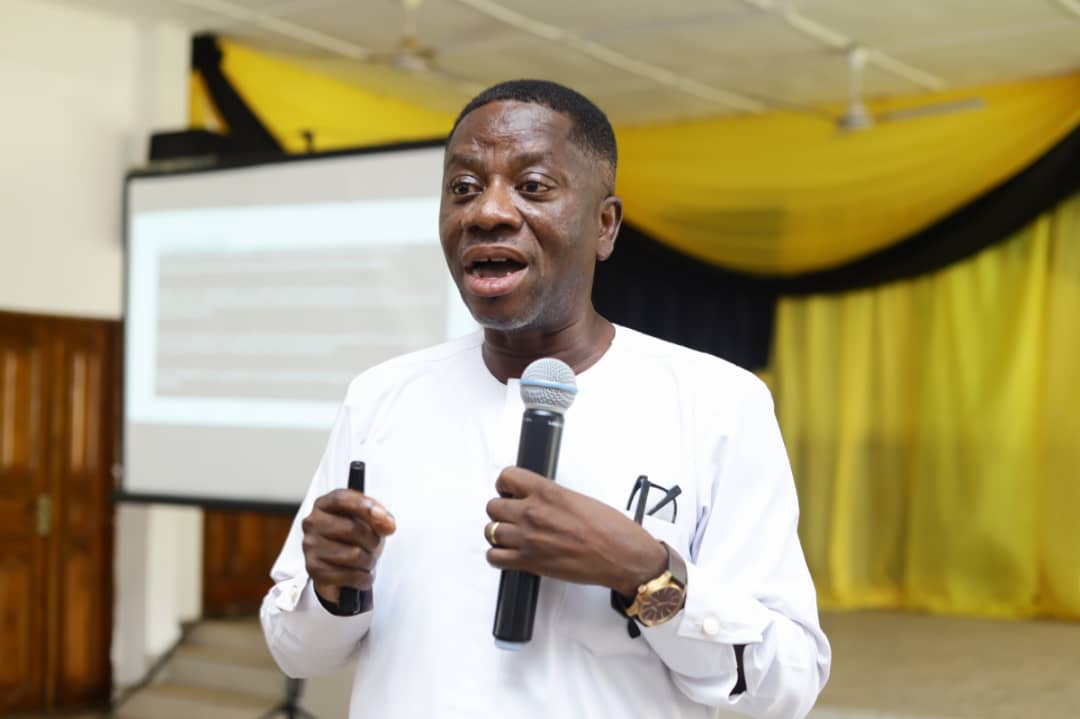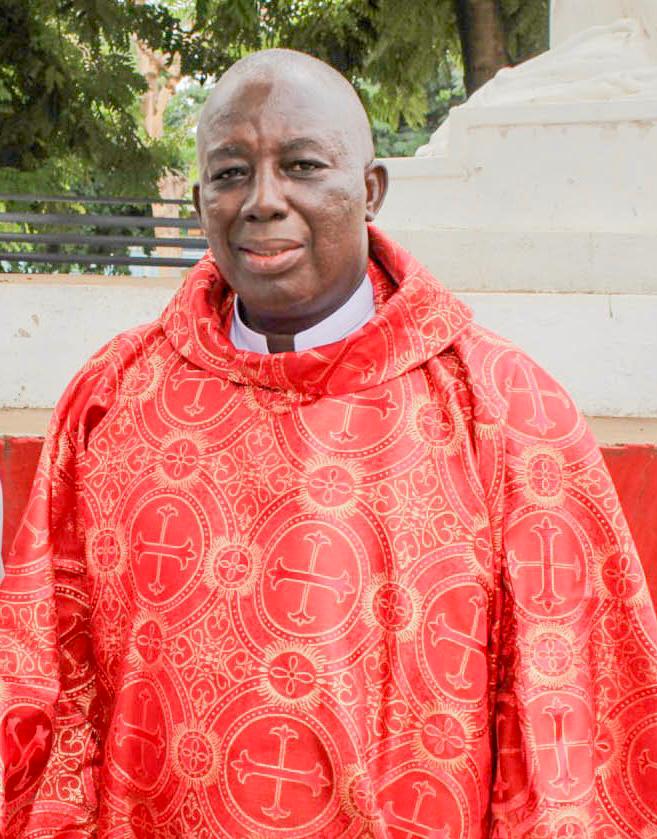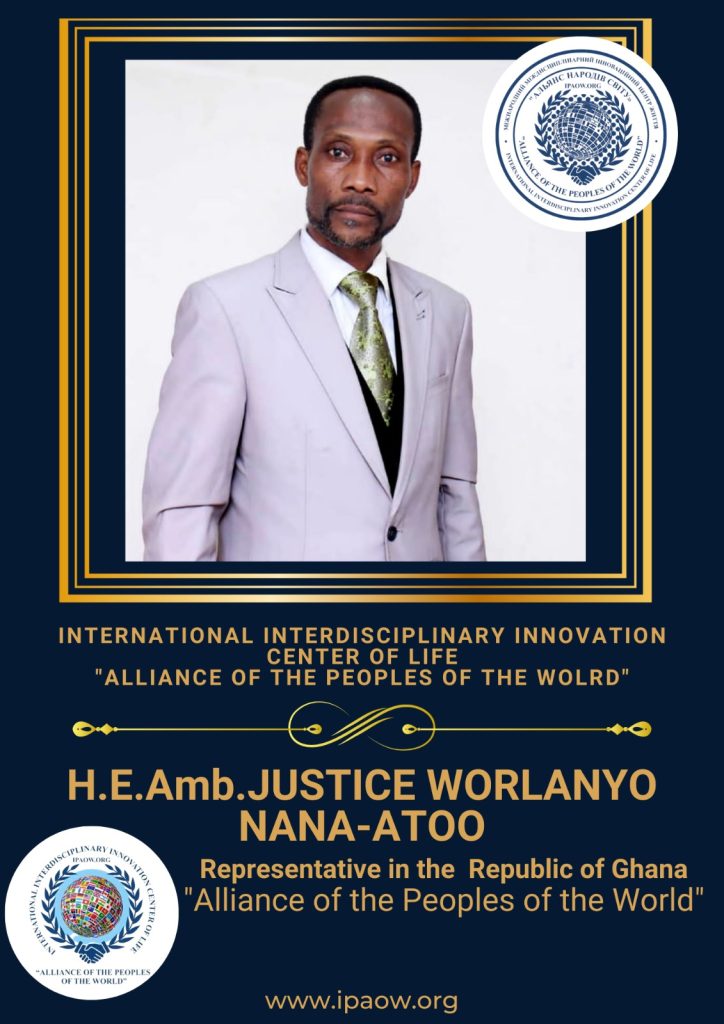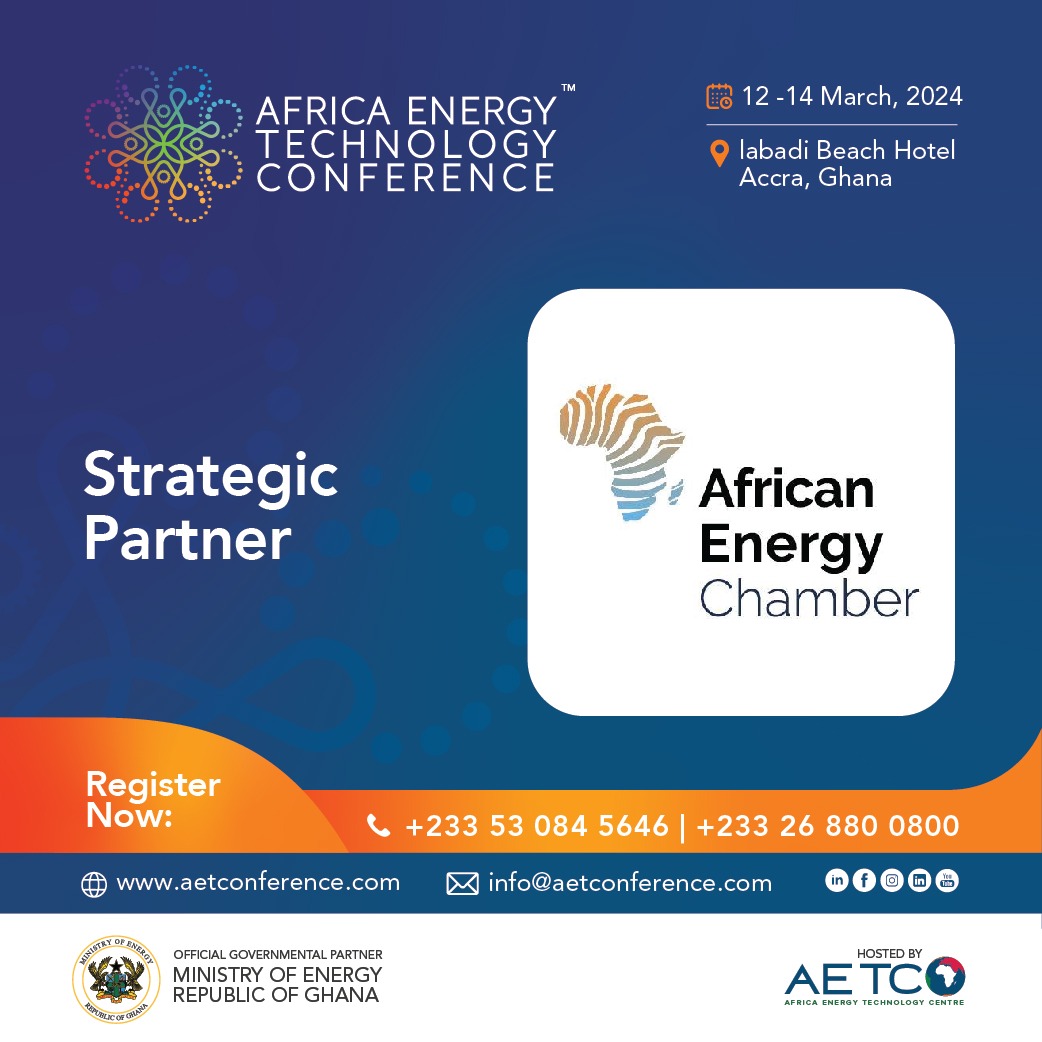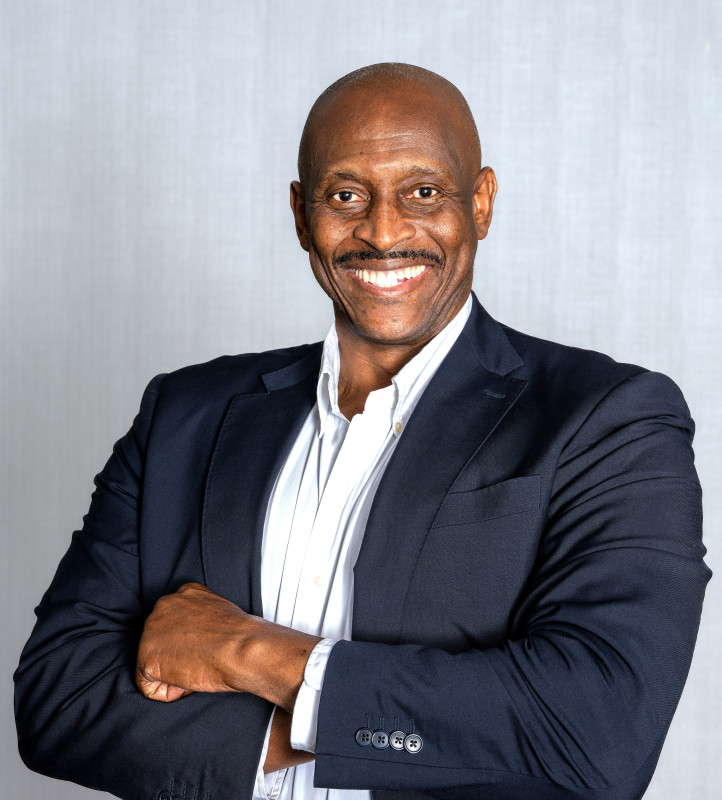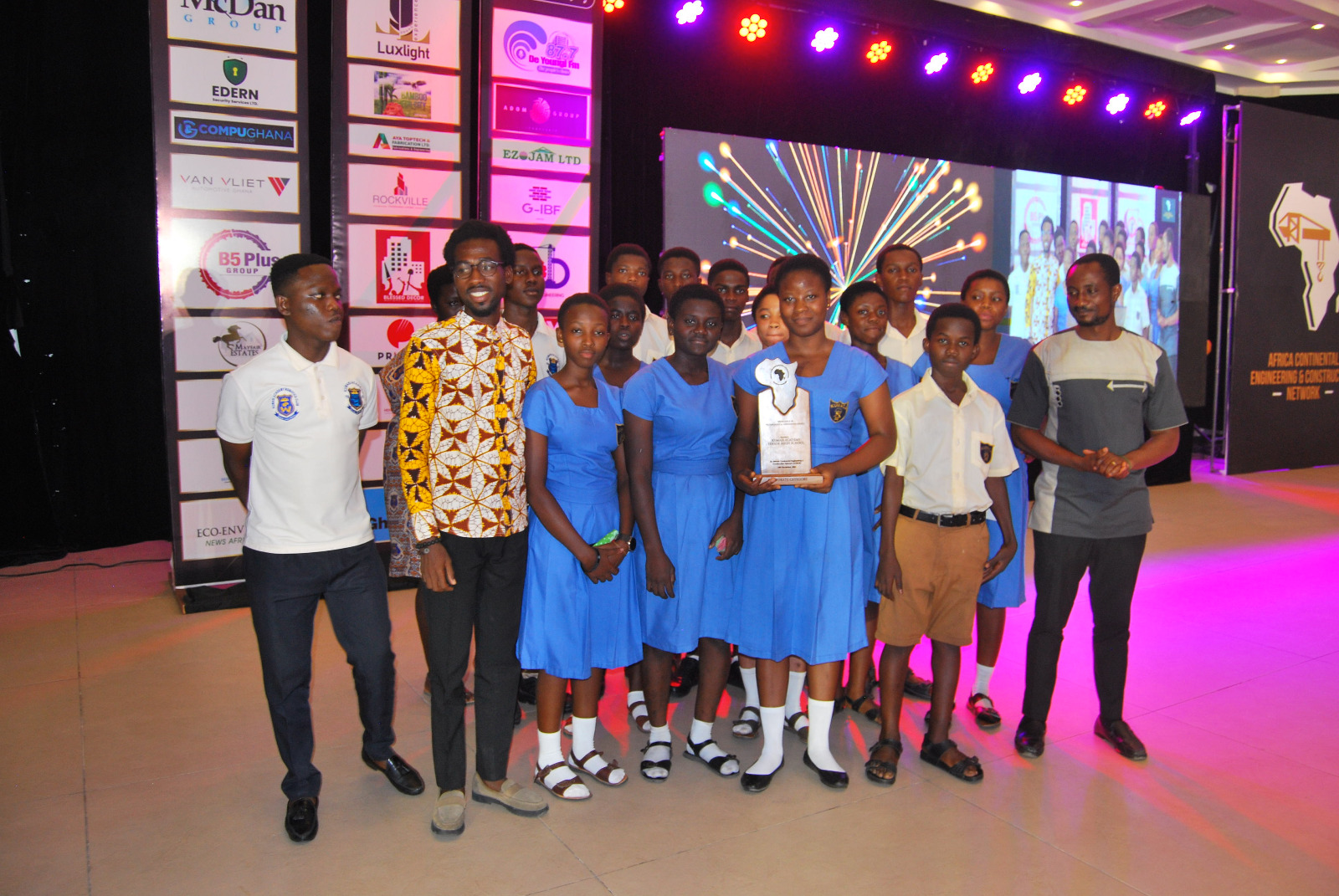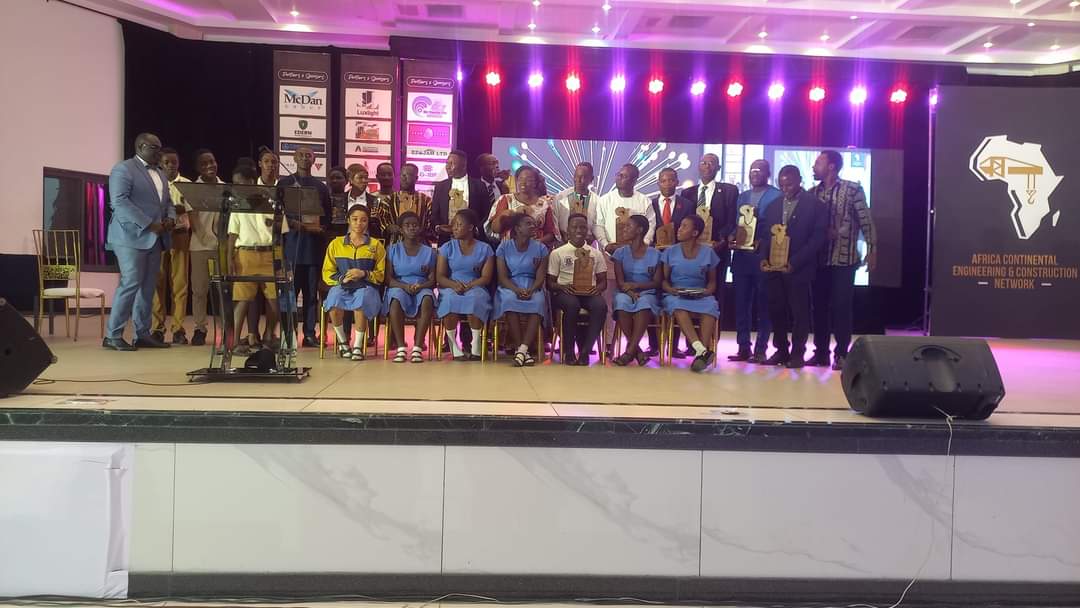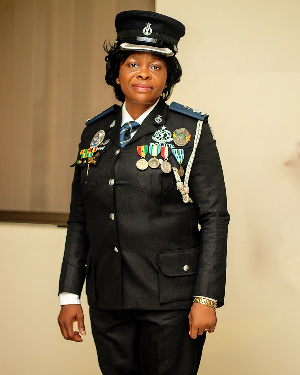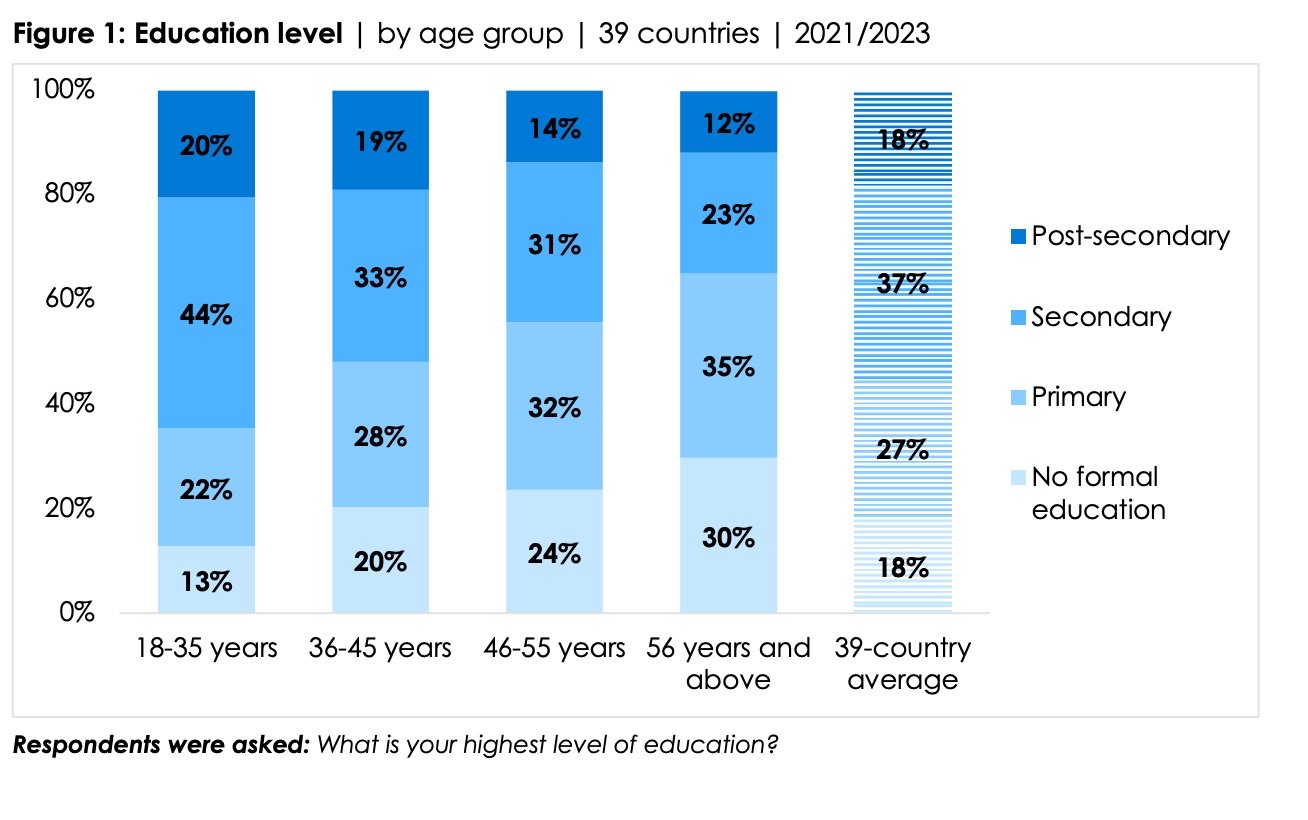First Published,February 8, 2024
Story by: Mohammed A. Abu
Under identical conditions at a plant owned by a company in Burkina Faso, eco-friendly alternative gold leaching reagent SEYCHEM and Cyanide were compared and at the conclusion of the process 350g of gold was recovered using SEYCHEM while 330g was obtained via Cyanide extraction.
The laboratory personnel attested to SEYCHEM’s non-reactive nature on their bodies in comparison to Cyanide which caused eye irritation.
They were also able to submerge their hands freely into the prepared solution containing SEYCHEM, an action not possible with Cyanide.
In addition to its environmentally friendly features, SEYCHEM retrieved more gold; consequently, this company has, in place of cyanide, placed their first order for multiple container loads of SEYCHEM to process their material to extract gold. Each 20-footer container carries 26 tons of SEYCHEM.
These were disclosed by the Ghanaian Researcher and Promoter of SEYCHEM Professor Emmanuel Arhin, a Professor of Applied Geology at the Department of Geographic Sciences, School of Geosciences, University of Energy & Natural Resources, Dormaa, Bono Region, Ghana during an exclusive interview with your favourite, Eco-Enviro News, Africa magazine.
Touching on the need and importance of using poisonous-free chemicals for extraction of minerals, Professor Arhin posed the critical question, “What is the point of mining if operators use hazardous chemicals to extract gold from ore, only to suffer shortened lifespans and not enjoy their acquired wealth?
This, he said is what informs his desire to contribute towards sustainable mining practices, leading to his research into, and promotion of the eco-friendly gold leaching alternative reagent, SEYCHEM.
The low-hazardous SEYCHEM comes into Africa’s extractive industry as a welcome vibrant alternative to the age-long poisonous minerals extraction chemicals, mercury and cyanide that poses a health risk to users and the environment.
It has since been established through research findings that poisonous minerals extraction chemicals such as mercury and cyanide are the source of various ailments inflicting people in mining communities.
SEYCHEM’s History
” Sey Construction Limited, based in Accra, Ghana had established a partnership with a Chinese chemical and mining equipment manufacturing company to assess the effectiveness of an eco-friendly powder for extracting gold while minimizing its impact on the environment. In 2021, I was tasked with conducting scientific research to validate their claim that this substitute is superior to the toxic chemicals commonly used in gold extraction.”, Prof Arhin recounts.
“So with the agreement established between the two groups, and after my satisfactory evaluation of the product Sey Construction Ltd secured the rights to become the exclusive country/Africa Representative, Sole Importer and Distributor of the SEYCHEM brand of eco-friendly range of leaching reagents.
“The investigations into this product, commenced in 2021 with laboratory studies to establish its eco-friendly features, low-toxicity, gold extraction ability and potential negative impact on the ecosystem. The favorable results obtained from the ALS Geochemical laboratory motivated the team to present their findings to Ghana’s Minerals Commission.” Professor Arhin recounts..
“Following Minerals Commission’s recommendation, the product was sent for further assessment by Ghana Standards Authority and Environmental Protection Agency whose analyses corroborated ALS’s earlier report on SEYCHEM. This led EPA to grant Sey Construction Ltd a license to trade SEYCHEM in Ghana.” he added.
Sey Construction Ltd Appreciates Prof Arhin’s efforts
The CEO of Sey Construction Ltd, Mr. Kwesi Sey also presented a citation to Prof Emmanuel Arhin at his inaugural lecture at UENR on 16 March, 2023 recognizing the sterling efforts made by Prof in researching, promoting and providing eco-friendly solutions across board.
The SEYCHEM Product
SEYCHEM is an innovative high-tech eco-friendly gold leaching reagent for gold extraction. SEYCHEM,a corporate product trade mark rebrand representing SEYCHEM for Africa,can fully replace sodium cyanide without changing the original leaching process and equipment.
SEYCHEM also matches all the advantages of sodium cyanide and other eco-friendly leaching and gold dressing agents.
Little Interest locally, greater Interest Outside
Ghana
On the immediate Ghanaian mining industry response to SEYCHEM, Prof Arhin said interest was initially very low and still low.
“People are often hesitant to abandon their established practices and embrace new ones. The primary challenge is the fear that the novel product will not perform as expected. Furthermore, individuals who require assistance may lack comprehension regarding the intricacies of gold ores which compounds the difficulty of this task.
“Gold ore can exist in either oxide or sulphide form, further complicating matters. To address this issue, our team engaged in a discussion and devised a plan that would work for all types of ore by utilizing a single product. That is what we have now, one product for ALL”, Prof Arhin noted.
Burkina Faso Field Trial
In the case of Burkina Faso, Prof Arhin disclosed they received a special invitation from the country’s Minister of Mines and Quarry to make a presentation before mining industry leaders under the auspices of ANEEMAS and BUMIGEB, which event took place from September 7 – September 10, 2021”.
” In fact, the Burkinabe Ministry of Mines and Quarry initially sponsored a select personnel of mining experts who came over to Ghana to witness our first trials which took place at Wa-East District on August 4th, 2021″ he disclosed.
Ivory Coast, Niger and Mali
Some localized field trials were also successfully conducted in Ivory Coast, Mali and Niger in 2022 and 2023.
Congo Brazzaville
Mining sector authorities from Congo Brazzaville, according to Professor Arhin have recently expressed interest in SEYCHEM, and this follows the positive feedback and reviews they got from other outfits from other jurisdictions about their experiences and success stories with the reagent, many of whom are even preparing to confirming their orders to include Seychem in their respective gold extraction processes
Rethinking Traditional Geology Subject
On what informs his crusade on the need to rethink the age-old traditional subject of geology and thereby coming out with the Geoenvironmental Science paradigm, Prof Arhin said, the Environmental Science program emerged as a response to the escalating concern regarding the deleterious impacts of human activities on the environment.
“Similarly, such concerns have led me to ponder upon Geoenvironmental Science, an interdisciplinary program designed to equip students with the skills required to tackle various issues posed by our planet’s environment and human health.
“This course encompasses a wide range of natural and anthropogenic elements that are pertinent to its study. The repercussions of human actions on its development have become increasingly apparent, particularly after watching Erastus’ documentary titled “Poison for Gold,” which reaffirmed the primary catalyst for this program’s inception.
“It is important to note that this particular program should not be conflated with Environmental Studies. Research outcomes produced by students partaking in this course will serve as key instruments used by governments worldwide in determining which new environmental policies ought to be implemented”.
On efforts he has made so far at his university regarding the Geoenvironmental Science Program Prof Arhin said, certainly, he is “indebted to the university for providing him with a platform to achieve his current position.”
“My advocacy efforts encompass a plethora of public speaking engagements, wherein I have cautioned against the potential risks posed to both the environment and human health.”
CORRECTION: Our initial story published on the 8th February,2024 under head and subheadings, “Retooling Africa’s Extractive Industry for Sustainability, “Made-in-Ghana Eco-Friendly SEYCHEM out-performs Poisonous Cyanide in Burkinabe Field Trail” contained some misrepresentations.SEYCHEM is not a Ghana made eco-friendly formula nor is Professor Emmanuel Arhin credited for its origination as the wrong impression had been created through our initial publication. Aside that aspects, the rest of the story still stands.We are republishing the corrected and revised version and wish to render our sincere apology to our dear and most cherished readers.
‘
